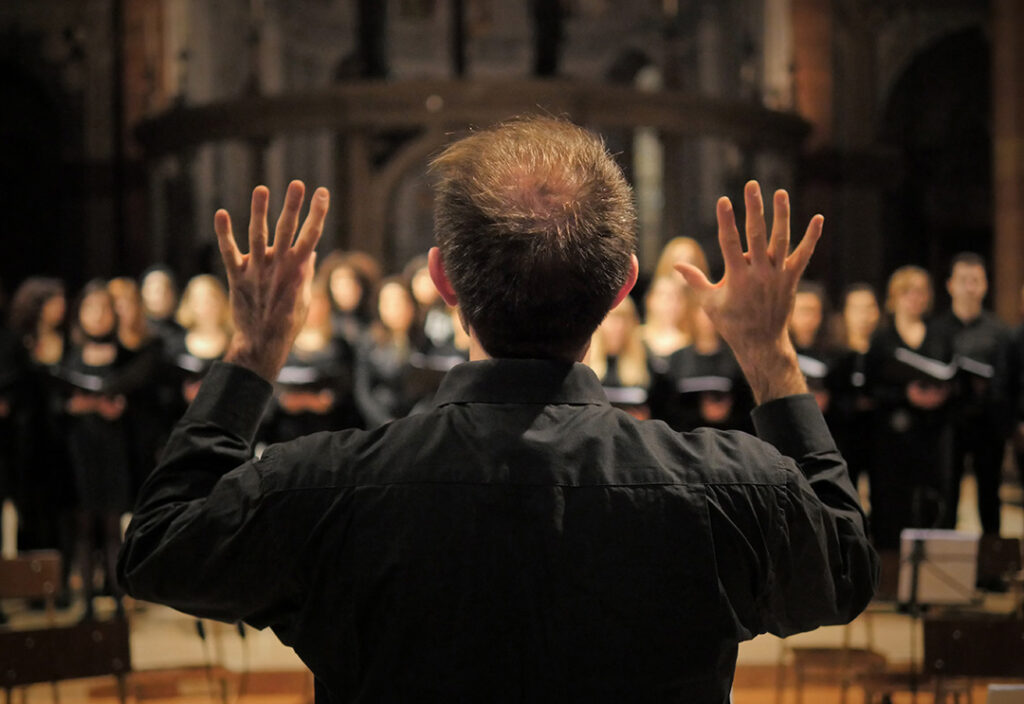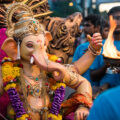Divine harmonies: The enchanting connection between religion and music
Divine harmonies: The enchanting connection between religion and music
Throughout history, music and religion have shared a special bond, providing deep insights into human spirituality. Let’s explore this connection.
Significance of music in religion
Music is like a universal language that speaks to our souls, regardless of our culture or language. It has a special way of connecting us to something greater, something divine. No matter our faith, music brings us together and reminds us of our shared journey toward spiritual fulfilment. It’s a unifying force that ties us all together in the grand tapestry of human experience.[1] [2]
Music in religious traditions like Christianity and Islam
In religious settings, music is like a special language, tailored to fit each faith’s unique characteristics. In Christianity, hymns create a feeling of awe with their soaring harmonies. Chants help believers meditate, offering a moment of self-reflection and unity. And the lively beats of gospel music bring infectious energy to worship, encouraging everyone to actively connect with their faith in an uplifting way.[3]
In Islamic tradition, music is a revered way to honor the Quran. When verses are recited, there’s a powerful spiritual connection to the divine. Nasheeds, with their rhythmic melodies, express devotion and praise. They set a reflective atmosphere, encouraging followers to delve into the spiritual wisdom of Islam.[4]
Hinduism and Buddhism
In Hinduism, music plays a central role in devotion. Bhajans, filled with deep emotion, express love and adoration for the divine. Kirtans bring devotees together in joyful celebration of their faith. Ragas, with their intricate scales, evoke powerful emotions and guide practitioners towards spiritual transcendence. Each musical form in Hinduism holds its own unique spiritual story, weaving a rich and diverse tapestry of devotion.[5]
In Buddhism, a tradition known for its contemplative practices, ritualistic music provides a source of solace. Chants, with their rhythmic flow, act as a meditative anchor, leading practitioners towards inner stillness and mindfulness. The calming melodies establish a serene atmosphere, enabling individuals to connect with their inner selves and the broader spiritual universe. Through this, music becomes a pathway for spiritual exploration and self-discovery within the Buddhist tradition. Across different faiths, believers discover a powerful means of expressing their devotion and connecting with the divine through these intricate musical forms.[6] [7]
Music’s influence on worship
Music goes beyond being just a sound, it becomes a powerful force that infuses worship with deep spiritual meaning. It acts as a channel through which devotees express their utmost reverence and establish a profound connection with the divine essence. Through thoughtfully composed arrangements, sacred rituals and prayers are lifted to a state of transcendence, filling the sacred space with an atmosphere of holiness and veneration.[8]
At its core, music transcends the role of a mere auditory embellishment, bestowing worship with elevated spiritual significance. It serves as the channel through which devotees express their deepest reverence and forge a profound connection with the divine. With compositions meticulously curated, sacred rituals and prayers ascend to a state of transcendence, saturating the surroundings with an atmosphere of sanctity and veneration.[9]
Music: bridge between faiths
Across cultures and belief systems, music possesses a remarkable ability to bridge divides, providing understanding and respect for each other’s spiritual journeys. It serves as a testament to our shared human experience, emphasising the interconnection that underlies our varied expressions of faith. As we journey around the world, we encounter powerful examples of music’s unifying influence, reinforcing the belief that through harmonious melodies, we uncover the profound truth of our shared humanity.[10]
In its capacity to transcend perceived barriers between faiths, music serves as a testament to our shared human experience. It nurtures mutual understanding and fosters a deeper appreciation for each other’s spiritual journeys. Music stands as a universal witness to the fundamental unity that runs through our diverse expressions of faith. As we traverse every corner of the world, we encounter moving instances of music’s unifying potency, affirming the belief that through harmonious melodies, we unearth the profound truth of our shared humanity.[11]
Affirming religion-music symbiosis
Music acts as a guiding light, helping us understand the divine. Its beautiful melodies lead to profound experiences, bringing us together in our search for meaning. When religion and music come together, they remind us of our natural ability to connect spiritually. This creates a worldwide community connected by the incredible force of harmonious music.
Our team of analysts conducts research on topics relating to religion and society. Find out their relationships on the EARS Dashboard.
Sources
[1] Religion und Musik: Das spirituelle Traumpaar
[4] Ästhetik der Koranrezitation
[5] Die Gesänge der Hindus geben eine Grundstimmung wieder
[7] BR-KLASSIK – Musik der Welt
[8] Die spirituelle Kraft der Musik
[9] Die spirituelle Kraft der Musik






